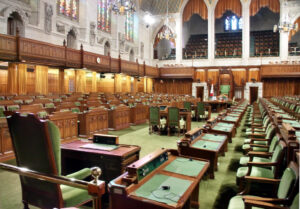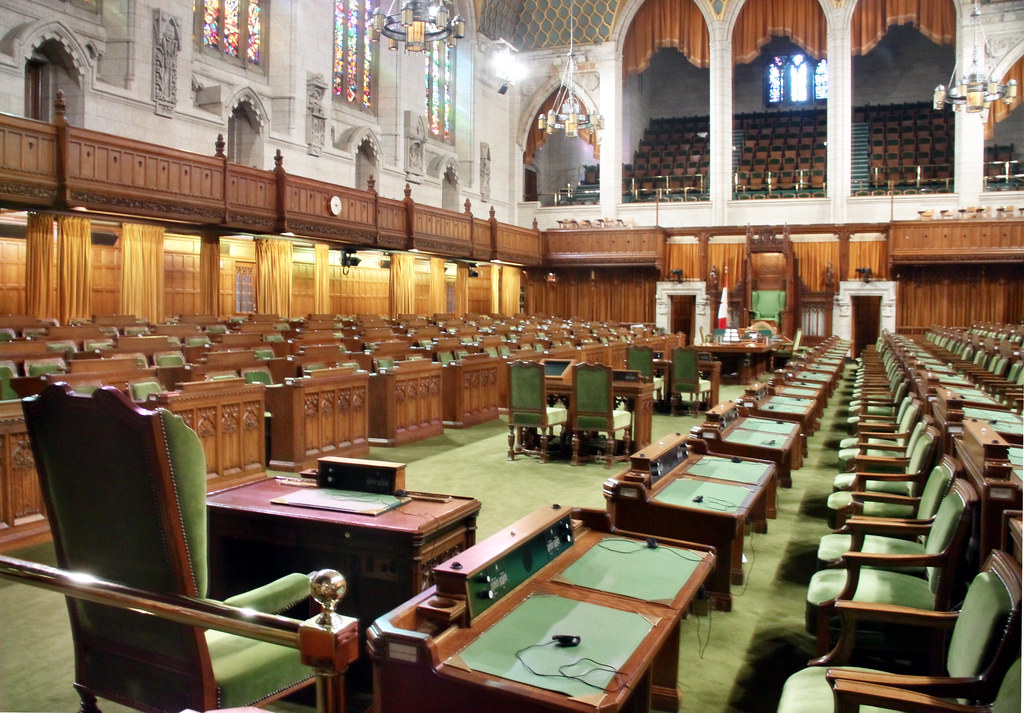No honeymoon for Trudeau, Tory base in revolt against O’Toole

TORONTO – Justin Trudeau’s European tour was a breath of fresh air, but now it’s time to tackle the internal grit. Today the Prime Minister left Glasgow, Scotland, and reached Ottawa in the late afternoon. After the official visit to the Netherlands, the G20 Summit in Rome, the bilateral meetings – including the one with Italian Prime Minister Mario Draghi – and the climate summit in Glasgow, Trudeau is preparing to face a series of commitments at Parliament Hill that promise quite challenging. First of all, the liberal leader has to deal with an extremely fragmented political context, with a honeymoon with the electorate that basically never began and with a long series of knots to be solved in the coming months.
The first date to keep in mind is November 22, when the first session of the new parliament resulting from the vote on September 20 is scheduled. Immediately after it will be the turn of the Speech from the Throne that will be illustrated to the House of Commons by Governor Mary Simon: it is the programmatic basis and the basic objectives of the new government that will be put to the vote in the House.
Now, no one expects the prime minister not to gain confidence, even if numerically the executive does not enjoy an absolute majority of deputies in the House of Commons. The support – as already happened in the last legislature – of one between the NDP and the Bloc Quebecois will suffice, given that the Conservative Party will certainly vote against. Then, once this institutional obligation has been fulfilled, the difficult will really begin.
The new government will first have to lay the foundations for the spring budget. A Financial, the one that will be developed by the Minister of Finance Chrystia Freeland, which will once again heavily feel the weight of the pandemic and the government’s plans to support families, workers and businesses hard hit by Covid.
In addition to this, the government will also have to develop a road map for the return from the deficit, even if in the election campaign Trudeau himself was quite vague about it, pointing out that the fiscal roadmap to reset the budget hole in Ottawa would have been activated only at the end of the pandemic.
There remains, moreover, the knot of the high conflict of the prime minister with numerous provincial premiers, starting with Doug Ford and Jason Kenney. With the latter, in particular, relations are now at a minimum: Canada’s proposals at the G20 and at the COP26 climate summit – heavy restrictions on greenhouse gas emissions, punitive measures for oil operators who do not comply with the parameters – have been received very negatively in Alberta, a province whose economy revolves almost exclusively around the extraction of oil from tar sands.
But if Trudeau has to face these difficulties on the other side of the barricade, Erin O’Toole is certainly no better off. On the contrary, the leader of the Conservative Party has to deal with the creeping discontent with him that part of the parliamentary group and also involves the leading group of the party and the base itself.
The Tories have not yet digested the defeat at the polls, blaming their leader for some resounding strategic mistakes that contributed to the blow. In particular, O’Toole’s decision to move the party to the center on numerous issues, a move that did not produce any desired results in the GTA and that indeed caused a sharp decline in consensus even in conservative fiefdoms such as Alberta and Saskatchewan.
In addition to this, the Conservative leader was accused of underestimating the Maxime Bernier factor, which cost according to the final data of Elections Canada as many as 28 districts and therefore the potential victory at the polls. These days the internal review of the party is continuing, which could lead to the vote on the parliamentary group’s confidence in the leader: in practice, the antechamber for the potential change at the head of the Conservative Party.
This long break from the vote at the first session of parliament certainly does not help O’Toole, who gives the impression that he no longer holds the reins of the party and that he could be unseated within a short time.



